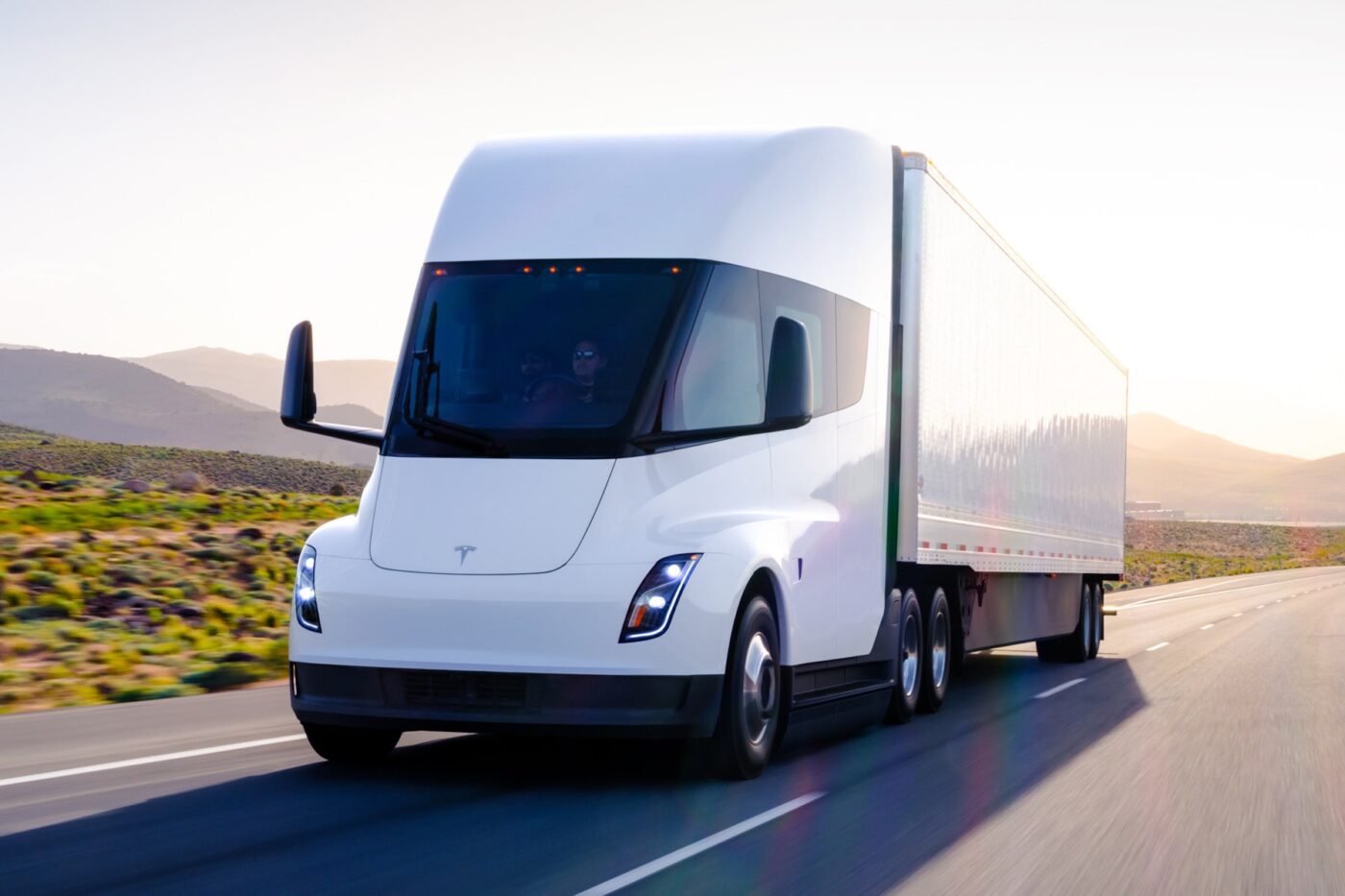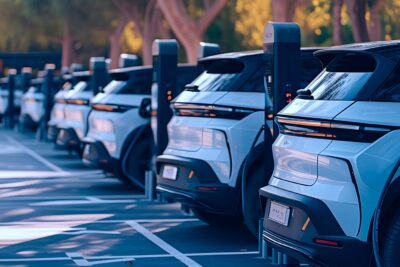ArcBest cites consumption of 1.55 kWh/mile for Tesla Semi
Specifically, the pilot was conducted through ArcBest’s less-than-truckload carrier ABF Freight. During the trial, the Tesla Semi electric truck operated across typical ABF Freight dispatch lanes, including over-the-road routes between Reno, Nevada and Sacramento, California, as well as regional runs in the Bay Area and rail shuttle operations. During the pilot, the vehicle completed a 7,200-foot climb over Donner Pass and generally matched the performance of diesel units in similar applications.
According to ArcBest, driver feedback highlighted comfort, safety, and ease of use, with operators noting features such as the centre seat configuration, wide visibility, and intuitive controls.
“While the path to decarbonisation presents complex challenges — such as infrastructure needs and alternative fuel development — it also opens the door to innovation,” said Dennis Anderson, ArcBest’s chief innovation officer. “Vehicles like the Tesla Semi highlight the progress being made and expand the boundaries of what’s possible as we work toward a more sustainable future for freight.”
ABF Freight president Matt Godfrey emphasised that the truck must perform to diesel-equivalent standards to justify integration. “We’re not looking for a truck that performs well ‘for an EV’. It must meet or exceed the performance and total cost of ownership targets of our most efficient diesel units. This pilot gives us great insight into the potential of EV semis in our operations.”
ArcBest currently operates nine electric yard tractors, two electric forklifts, and two Class 6 electric straight trucks. The company noted that while the Tesla Semi showed strong performance and driver acceptance, further development of charging infrastructure remains necessary to enable wider deployment across long-haul routes.
Other customers report similar findings
Tesla itself has been keeping figures concerning its electric truck more or less under wraps. We know that it is said to have an electric range of up to 500 miles when fully loaded. However, Tesla still does not name a price for the Semi, nor does it provide official information about the payload, the battery capacity, or the performance of the motors.
In future, the electric truck will be built in a separate factory next to the Gigafactory Nevada. Tesla completed the building at the beginning of this year and started work on the production lines. Series production is expected to start at the end of 2025, with a capacity of 50,000 vehicles per year. Unveiled in 2017 and launched in December 2022, the manufacturer initially promised that the electric truck would hit the roads in 2019. However, now the Semi is expected to go on sale in 2026.
Nevertheless, Tesla has already handed over a handful of units to customers. For example, WattEV announced in February that it had ordered 40 units. Two electric trucks were already handed over at the time, while the rest were scheduled for delivery by the end of the year.
However, the biggest customer to date is PepsiCo, which operates 21 Tesla Semis at a bottling plant in Sacramento. California. In 2023, the company published a video reporting on how the electric truck was performing. It cited a consumption of 1.7 kWh/mile, so slightly more than what ArcBest now reports.
Infrastructure is coming, says Tesla
As mentioned above, some customers are still worried about using medium- to long-haul battery-electric trucks, fearing that they won’t find a place to plug in. Earlier this year, Dan Priestley, who leads the Semi programme at Tesla, explained how the manufacturer is looking to change that.
According to Priestley, the launch of Tesla’s V4 charging architecture, delivering up to 1.2 megawatts of power through a compact, modular charging unit, is key. Compared to current charging systems for electric trucks, Tesla’s new solution is said to cut the equipment footprint by over 50%, helping operators maximise valuable yard space. It is highly configurable, offering dedicated 1.2 MW posts for high-speed turnaround or scalable power-sharing configurations supporting up to eight vehicles charging simultaneously.
He also said that 46 public charging locations for the Semi are already underway across key logistics corridors, collectively hosting over 300 MW-capable charging posts.





0 Comments